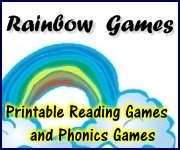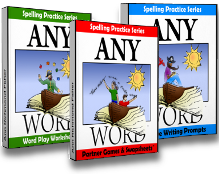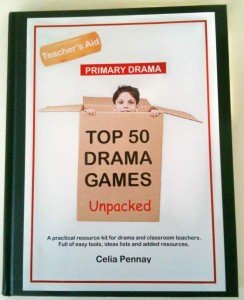Writing Fairy Tales
A Happily-Ever-After Fairy Tale Writing Unit!
Enjoy writing fairy tales? Writing fractured fairy tales, or funny, modern versions of old classics, is a delightful creative writing project! Follow this step-by-step process!Everyone has a favorite classic fairy tale. Writing a fairy tale with a modern, newfangled twist is easy to do and an enormously fun way to encourage students in out-of-the-box thinking. These old stories are usually set in the vague era of "once upon a time, a long, long time ago," and feature make-believe characters with strange challenges to meet or impossible tasks to complete, and are assisted by mysterious, magical beings. What wonderful story elements to spark the creative process! Join me, step-by-step, in writing fairy tales!
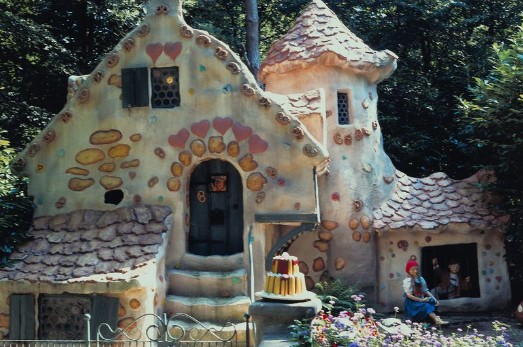
Step 1: Each student should select a most favorite or a least favorite classic fairy tale to serve as the point of departure for an original story.The reason that a "least favorite" tale can often work is that there is usually a plot or character element which, if changed, would transform it into a student's favorite. Another approach to writing fairy tales is to choose a fairy tale "theme", instead of a specific story, as the starting point. An example might be the general theme of a prince or knight rescuing a fair lady from the clutches of an evil witch.
Step 2: Next, each student should decide which key elements in the original story he/she wants to change. Here are some ideas to think about:
- Time: Set the story in the present or future, instead of "once upon a time, a long, long time ago."
- Location: Set the story in a different country, region, or city. Imagine Rapunzel set in Los Angeles or British Columbia or outback Australia.
- Gender: Change the gender of the main character for a new slant. Perhaps Rumpelstiltskin is a mischievous, grumpy female dwarf!
- Ending: Keep the original elements but change the ending.
- Play "What If?": Name as many original fairy tales as ossible and brainstorm different scenarios, just to get the creative sparks flying. Visit my fairy tale writing prompts page for "what if" ideas I've used successfully in my own classes.
Step 3: With a selected classic story or theme and a list of possible changes, each student now needs to outline a new plot. Keep the plot as surprising as possible. Here's a brief example:
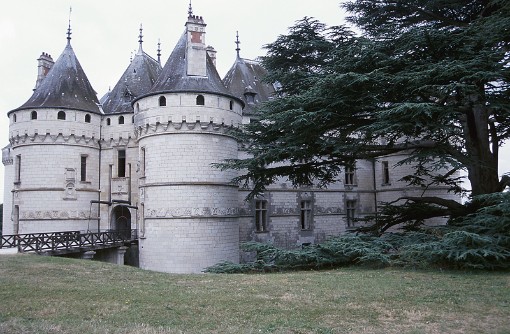
- A royal ball is held so that the Prince can select a bride from all the eligible maidens who attend.
- After attending the ball with magical help from her fairy godmother, Cinderella loses her slipper, of course, at midnight.
- The Prince uses the slipper to identify Cinderella as the girl with whom he danced the night away.
- Cinderella, instead, falls in love with the royal footman, who carried the lost slipper to her on a velvet pillow.
- The Prince must hold a series of royal balls to find a suitable bride. Or he settles for an arranged marriage!
Step 4: After outlining a new plot and before writing fairy tales, each student should build interest and suspense with "the rule of three." Three turns-of-the-plot build tension! Include three "somethings" in the revised stories: three towers to climb, three princesses to rescue, three dragons to ride, three witches or villains to outwit. In my quick example above, perhaps the Prince discovers three slippers and NONE fit Cinderella, or he must hold three royal balls and dances with three silly, unsuitable ladies, before he meets Cinderella.
Step 5: Divide students into writing groups and have each student orally "tell" their revised outline to group members. Kids should offer positive feedback to one another and focus on the key points of changed story elements (time, location, gender), as well as the elements of suspense (the rule of three), and surprise (the ending or "what ifs?").
Step 6: Write the first drafts! Revise using any additional suggestions from classmates in writing groups.
Step 7: Illustrate and read aloud the finished fractured fairy tales! Writing fairy tales has never been more fun! I wish you magical success!
Return from Writing Fairy Tales to Creative Writing Topics
Return from Writing Fairy Tales to Creative Writing Ideas and Activities
Helping You Write Across the Curriculum!
copyright 2009-2013 www.creative-writing-ideas-and-activities.com
Our Most Popular Pages
5. Writing a Personal Narritive
10. Elements of Persuasive Writing
Recommeded Resources:
AnyWord(TM) Spelling Practice Series!
Worksheets, games and activities to use with any spelling words. Three volumes in all!
Stop Essay Pain!
LitWorks.com
Resources to help students prepare for literature examinations.
Teach Kids Drama!





